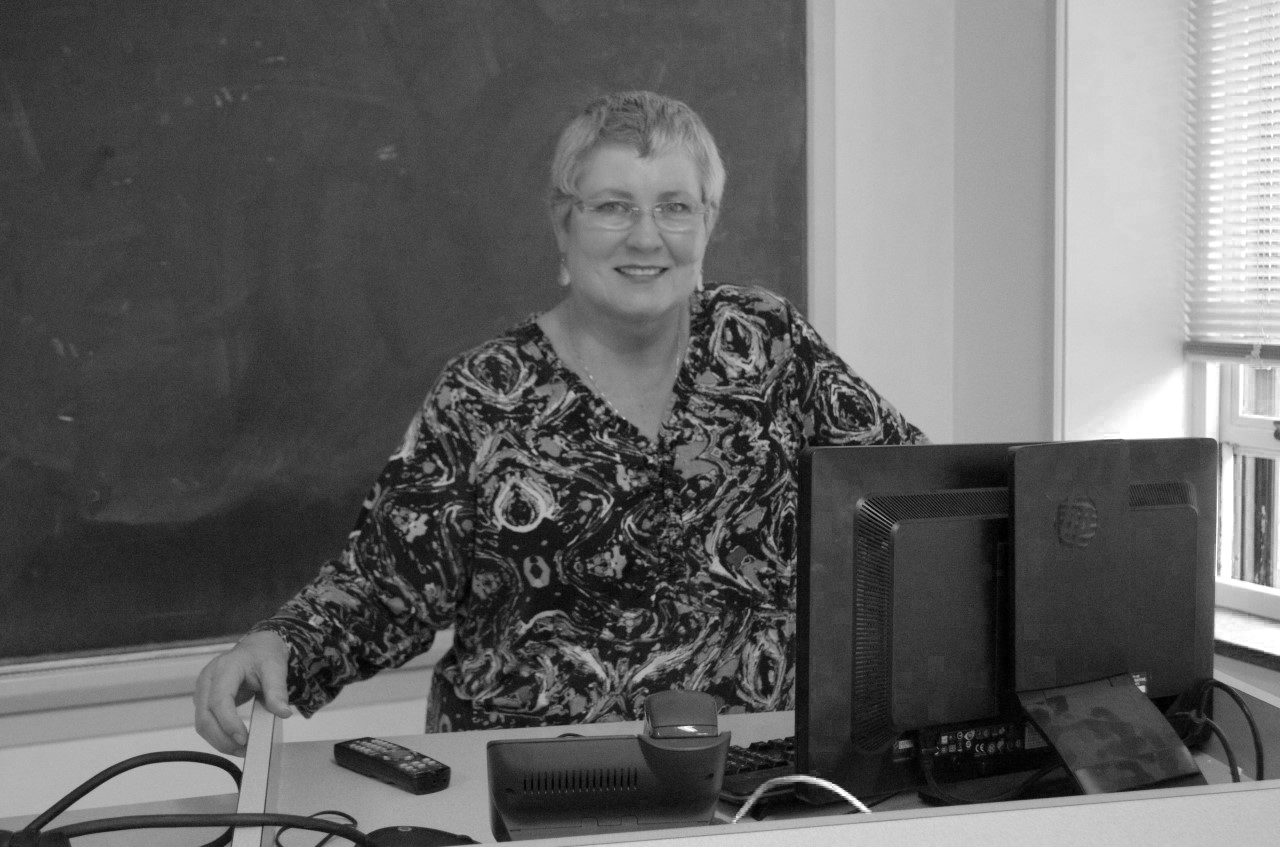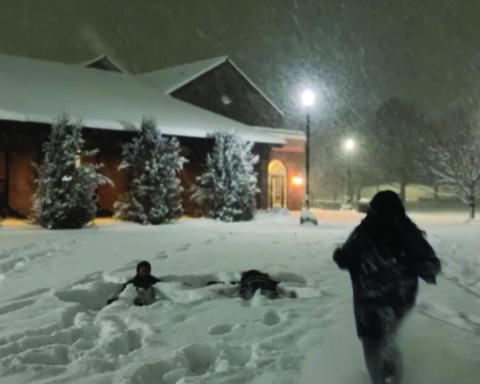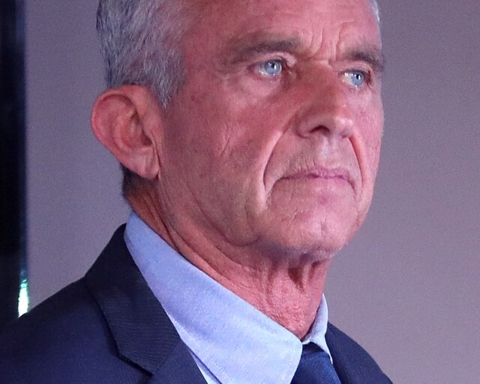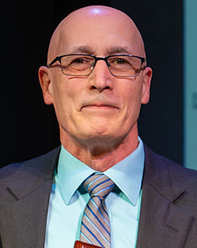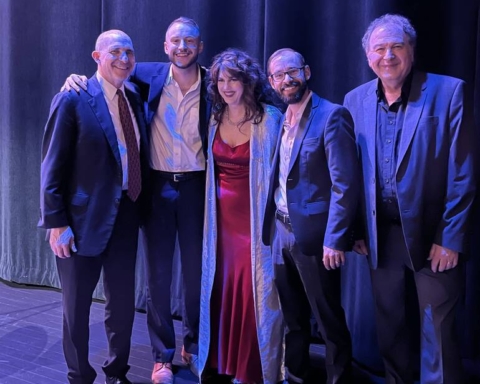“Is this going to kill me?” was Karen Robbins’ first thought as she found a lump on her breast during a self-examination last October.
In turn, Robbins, Ph.D, a professor of history, requested and was granted a paid medical leave, as she planned to aggressively determine exactly what that lump was.
Robbins, who had a “cancer scare” 10 years prior, said she was aware of the nearly five-week-long wait for doctors’ consultations, so, she pursued a doctor that could evaluate the lump immediately. Robbins found that doctor at Windsong Breast Care in Buffalo.
Two days after contacting Windsong, Robbins underwent a mammogram, clarifying what she already believed to be true. The lump was, in fact, stage 2b breast cancer—with “b” indicating a larger sized tumor.
According to Robbins’ oncologist, her cancer was a “classic case,” an unexpected lump on the breast that arose after a skipped, yearly breast examination the January prior.
By Nov. 9, Robbins had begun chemotherapy treatment for five months. A month after the treatment was completed, Robbins had a double mastectomy.
Although Robbins said she experienced mild chemotherapy symptoms, as compared to others, she added that radiation treatment was hard on her already sensitive skin.
In that time, Robbins lost her hair, donned a wig and came to terms with her situation.
“It really, really brings you to realize your mortality,” Robbins said. “You don’t know if you’re going to beat it or not.”
Robbins said that her doctors assured her the lump wouldn’t have shown up in the examination’s results had she scheduled her yearly breast examination; however, Robbins’ self- examination, after the fact, proved to be her saving grace.
“It was kind of reassuring to realize that my not having done the [mammogram] really could have saved me,” she said. “That’s what made me think to check my breast. That’s why I was checking it out, because I was thinking, ‘Gosh, I’ve got to do that!”’
Robbins added that women shouldn’t think they’re “out of the woods” just because they’ve had their mammograms done, as “[tumors are] so fast growing, sometimes they can pop up between mammograms and you won’t know it.”
Robbins, who’s now in remission, said that her road to “getting well” was a rough one, but she’s confident a mixture of community outreach, familial loyalty and thoughtful prayer got her to where she is today.
After going on medical leave, Robbins said she had time to “pray, meditate, come to terms with things and appreciate every day” — all of which doctors attribute to bettering one’s chances of entering remission.
“It was really important to be able to let the emotions wash over me and then push them away and move on with my life,” Robbins explained. “I’m the kind of person that I’ve got to feel it, then get over things.”
She said the university and the community’s generosity allowed her to feel every stage of the emotional healing process, too.
“I got so much support,” Robbins said. “I had to write over 30 ‘thank you’ notes.”
Robbins shared a story of a student who offered her mother’s email to Robbins at the time she told her classes she’d be taking a medical leave.
That student’s mother, Robbins added, was also undergoing treatment for breast cancer and, through their common experience, the two became “pen pals” over the past year.
“We’ve been emailing ever since,” Robbins said. “I almost got the chance to meet her this past weekend.”
Robbins shared that her husband, Daniel Tate, was her “rock” through the whole process.
“You hear that a lot, but it’s the truth,” Robbins said of Tate, Ph.D, a professor of philosophy at the university. “He’s just been there for everything I wanted him to be there for.”
Robbins has now assimilated back into “teaching life” and, once again, the halls of first Plassmann are filled with her dichotomized voice — holding a blend of confidence and comfort.
Moving away after retirement, which Robbins said was a consideration prior to her diagnosis, now seems unlikely, as the love and support she was afforded from the Bonaventure community further drew her to the campus’ grounds.
“I’m just so grateful,” Robbins said.
mcgurllt14@bonaventure.edu

